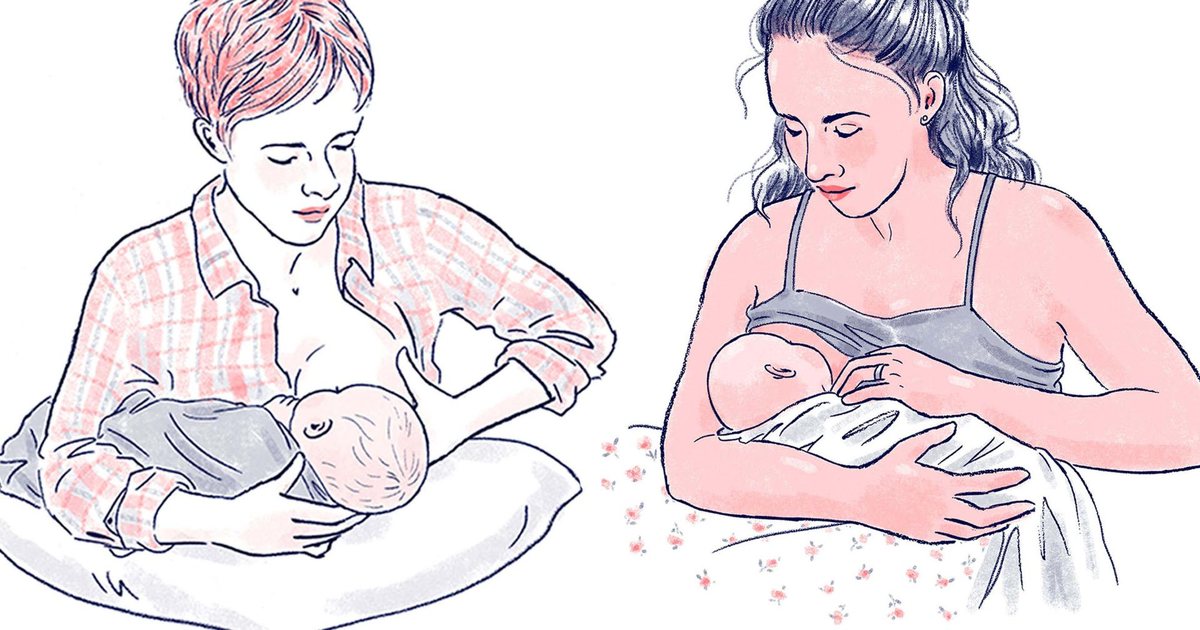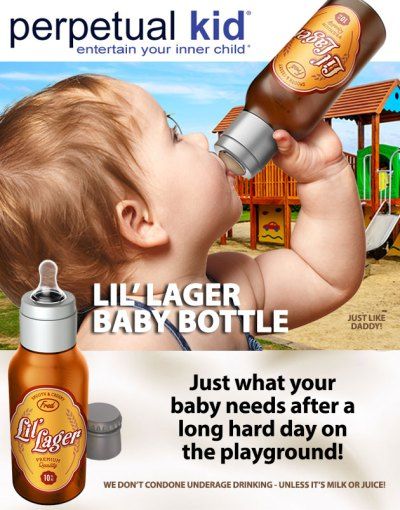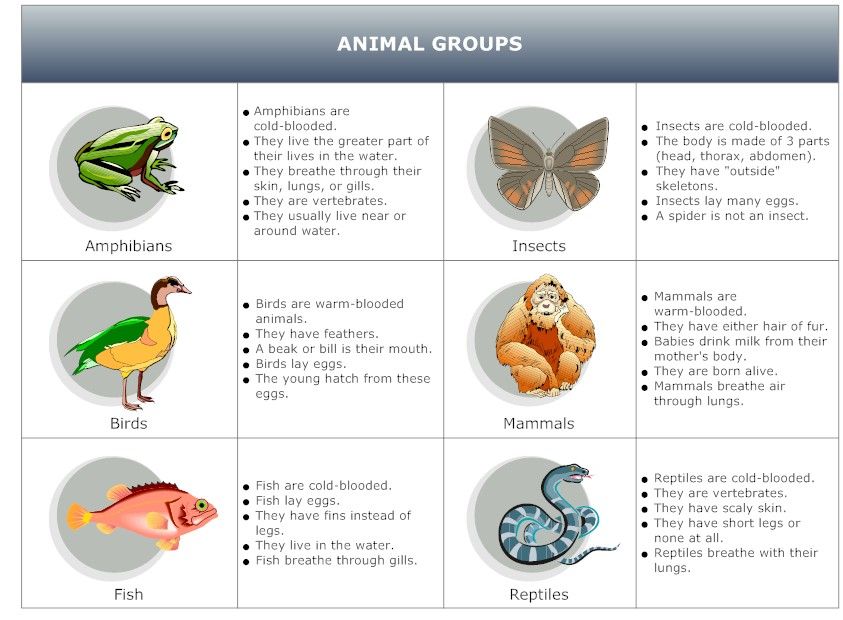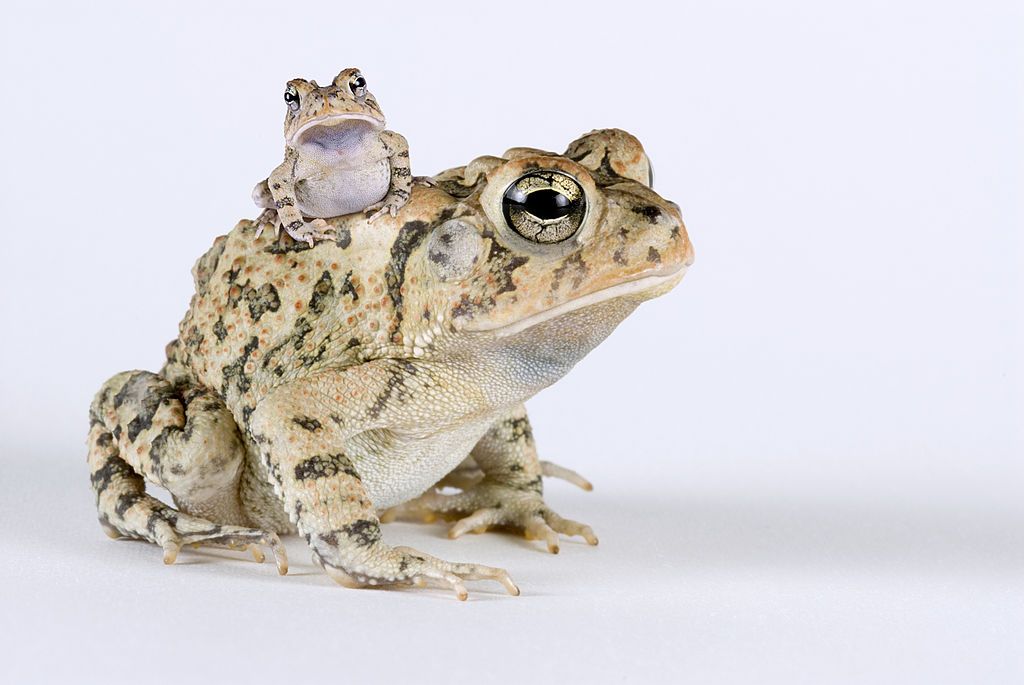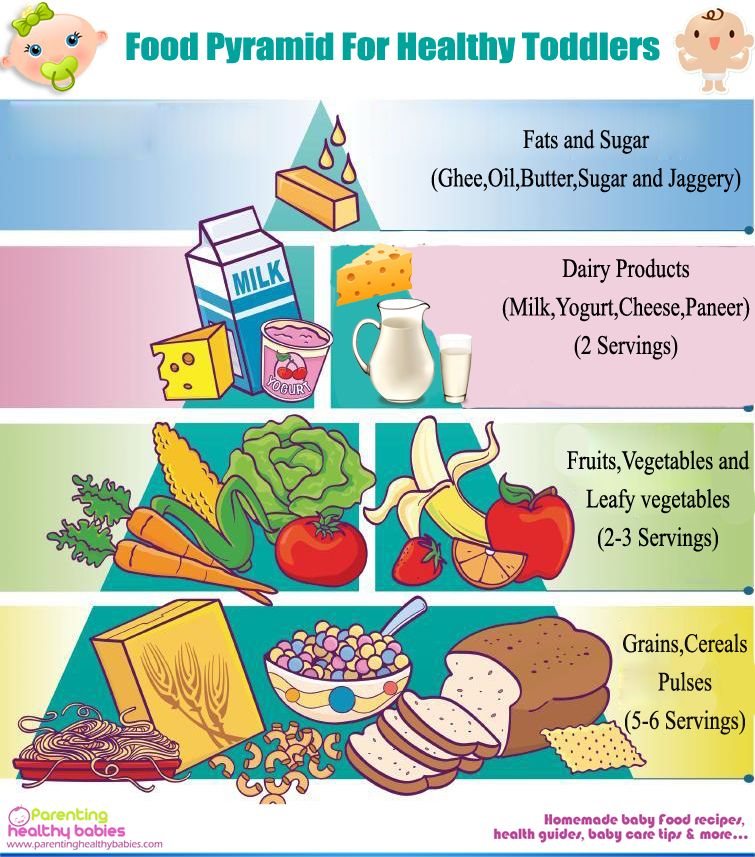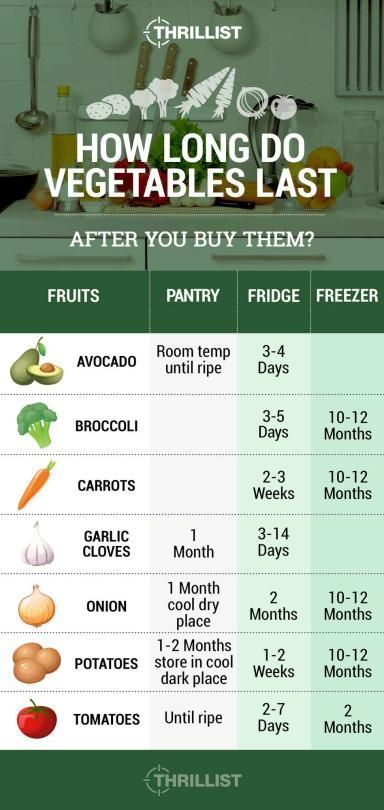Pregnant woman feeding baby
5 Important Tips for Breastfeeding While Pregnant
If you’re expecting again or planning another pregnancy and want to continue breastfeeding, you probably have some questions. Here are your answers!
Share this content
As your baby surpasses his or her 9-month milestone and approaches their first birthday, you may already be considering your next pregnancy. Of course, every mom is different! Whatever decision you’ve made – or if you haven’t given much thought to more children yet – is what works best for you and that’s wonderful!
If you’ve recently found out you’re expecting again or if another pregnancy may be right around the corner, you probably have questions about breastfeeding while pregnant. Making sure that doing so is safe for both your little one and your developing fetus is imperative as your pregnancy progresses, particularly because breastfeeding releases hormones like oxytocin, which can cause mild uterine contractions. In fact, that’s why our first tip for breastfeeding during pregnancy is so important:
-
Check with your healthcare provider first.
You can never be too cautious, especially when it comes to your babies. Generally, breastfeeding while pregnant is safe. Though trace amounts of pregnancy hormones can be present in your milk, these are not harmful to your breast milk feeding child. Additionally, oxytocin is released in small amounts during a nursing session, so it is not enough to induce preterm labor. The contractions caused by this hormone are very minor and rarely increase the chance of having a miscarriage. However, there are certain circumstances when your doctor may advise weaning your child, such as:
-
If your pregnancy is deemed high risk or you are at risk for miscarriage
-
If you are carrying twins or multiples
-
If you have been experiencing uterine pain or bleeding
-
If you have been advised to avoid sex while pregnant
Talking to your healthcare provider will be a crucial part of determining whether you should continue breastfeeding while pregnant. If it is not recommended for your unique situation, that’s okay – you’ve done a great job and now it is important for your body to prepare for your new baby and the next chapter of your breastfeeding journey!
If it is not recommended for your unique situation, that’s okay – you’ve done a great job and now it is important for your body to prepare for your new baby and the next chapter of your breastfeeding journey!
-
Sit or lie down while breastfeeding.
It’s no secret that nursing and/or pumping requires energy, something that can be hard to come by with both a baby and a developing pregnancy. Be sure to sit or lie down in a relaxing spot when breastfeeding or pumping to give yourself extra time to rest as your baby is fed. As your pregnancy continues to progress, you may need to get creative with new pumping or nursing positions that are comfortable for you and your little one.
-
Monitor your milk supply.
Many moms’ milk supplies will start to decrease around months 4 or 5 after birth, so it is important to begin incorporating other nutrition into your baby’s diet. If they are satisfied after breast milk feeding and are meeting their growth and weight markers, then there’s usually no reason to be concerned. The other nutrition your baby is receiving will make up for any temporary or permanent decrease in their breast milk intake. Chatting with your little one’s doctor and/or an experienced lactation consultant can be especially helpful during this time.
If they are satisfied after breast milk feeding and are meeting their growth and weight markers, then there’s usually no reason to be concerned. The other nutrition your baby is receiving will make up for any temporary or permanent decrease in their breast milk intake. Chatting with your little one’s doctor and/or an experienced lactation consultant can be especially helpful during this time.
Once your new baby arrives, it is important for them to get colostrum, or your early milk. With that in mind, you may decide to nurse him or her first and/or temporarily limit your older child’s breast milk feeding during these important first few days after the new baby’s birth
-
Consider your diet.
By now, you know all about how eating well is important for the health of your baby – both during your developing pregnancy and after birth, while breast milk feeding. However, consuming additional calories is also crucial for you, mama! Pregnancy and breastfeeding both require a lot of energy, so it’s important to ensure you’re taking in enough calories to maintain your own overall wellness. A general rule of thumb is:
A general rule of thumb is:
-
500 extra calories needed if your breast milk feeding child is also eating other foods or 650 extra calories needed if he or she is under 6 months old.
-
This is in addition to the 350 extra calories needed if you are in the 2nd trimester of your pregnancy or the 450 extra calories needed if you are in the 3rd trimester of your pregnancy.
Most healthcare providers agree that no additional calories are required if you are in the 1st trimester of your pregnancy, which is often considered a positive for moms who are experiencing morning sickness or nausea.
-
Invest in breast and nipple care.
You probably already know that sore nipples can be a frequent ailment for breastfeeding moms, but this can be especially noticeable if you are expecting and breastfeeding. This is because breast tenderness is a common symptom of pregnancy, so taking time for self-care is important for both mental and physical wellness.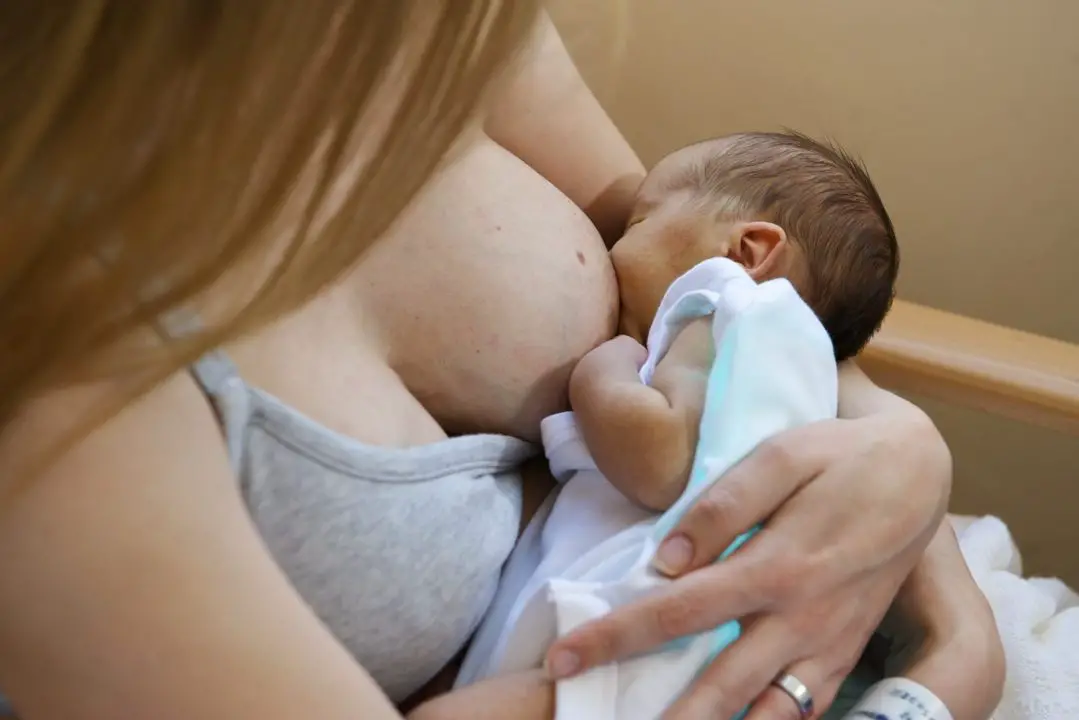 Keeping a supply of products like lanolin and hydrogel pads can provide some much-needed relief, so be sure to stock up!
Keeping a supply of products like lanolin and hydrogel pads can provide some much-needed relief, so be sure to stock up!
In many situations, breastfeeding during pregnancy can be done. Remember, even though you might be tired, irritable, busy, cranky, or otherwise exhausted, your body is providing important care to your babies. You got this, Super Mom, and we’re here for you through every step (and each baby) along the way!
Breastfeeding while pregnant | Pregnancy Birth and Baby
beginning of content4-minute read
Listen
You can carry on breastfeeding while you’re pregnant with your next child, without causing any harm to your toddler or your unborn baby. Here’s what you need to know if you decide to breastfeed while pregnant.
Is it safe to breastfeed while pregnant?
You might choose to breastfeed through your next pregnancy for several reasons. For example, you might unexpectedly fall pregnant while your first baby is still young (it is possible to fall pregnant while breastfeeding, even if your periods haven’t come back). Or you might not be ready to wean your toddler yet (weaning usually happens any time between birth and age 3).
For example, you might unexpectedly fall pregnant while your first baby is still young (it is possible to fall pregnant while breastfeeding, even if your periods haven’t come back). Or you might not be ready to wean your toddler yet (weaning usually happens any time between birth and age 3).
Whatever the reason, it is usually perfectly safe to breastfeed while pregnant. Your body will carry on producing enough milk to nourish your older child, while your unborn baby will get all the nutrients they need from your body.
Breastfeeding does trigger mild contractions. These are safe in uncomplicated pregnancies, but if you are at risk of preterm labour — for example, if you are expecting twins or more, or if you have had a miscarriage or preterm birth in the past — then seek advice from your doctor or midwife.
Looking after your first child
Your breastmilk will still provide your first child with the nutrients they need. However, you are likely to produce less milk as your pregnancy progresses. Also, the content of your milk will change as you start to produce colostrum, and it might taste different. These changes might lead your older child to wean themselves at some point during your pregnancy. This often happens around the 5-month mark.
Also, the content of your milk will change as you start to produce colostrum, and it might taste different. These changes might lead your older child to wean themselves at some point during your pregnancy. This often happens around the 5-month mark.
Colostrum is a natural laxative, so your older child’s poo might be more liquid than normal. This is nothing to worry about.
If your older child is less than 1 year of age when you fall pregnant, keep a close watch to make sure they’re putting on enough weight after your milk changes. You may need to introduce extra feeds if they are still relying on breastmilk for their nutrition. Talk to your maternal child health nurse for advice.
How to look after yourself
Breastfeeding while pregnant can make your breasts sore and your nipples tender. You might find you are even more tired or experience worse morning sickness than you normally would during pregnancy.
These side effects are due to your pregnancy hormones. They may clear up after the first trimester, but for some women they last the entire pregnancy. It can help if you make sure your older child is attached well, or change your position while breastfeeding.
They may clear up after the first trimester, but for some women they last the entire pregnancy. It can help if you make sure your older child is attached well, or change your position while breastfeeding.
You can look after yourself by eating well, making sure you are well hydrated, and getting plenty of rest. You don’t need to take lots of vitamin or mineral supplements — your body will adjust to making breastmilk and nourishing your unborn baby at the same time.
After the baby is born
You can keep feeding your older child after the baby is born. This is called tandem feeding. Your newborn will still get all the colostrum they need. You don’t have to limit your older child to one side.
There are different ways of tandem feeding. You could feed both children at the same time (you might need some cushions to prop you up or you might find it easier lying down). Or you could feed the newborn first and then your older child.
You might find your older child wants to feed all the time because you have a lot of milk.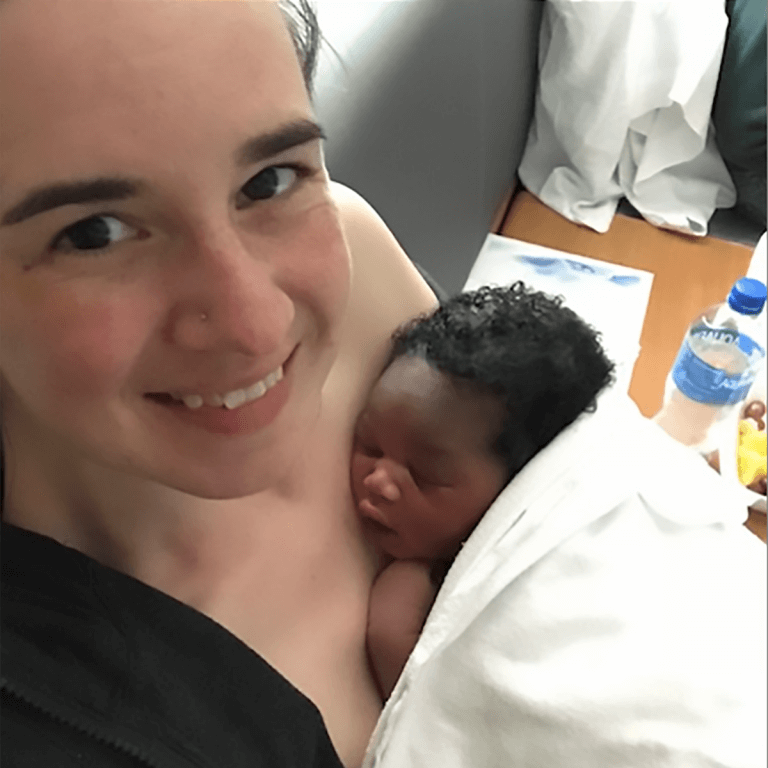 If you like, you can limit their feeds. You might also find that your newborn has trouble coping with your let down reflex because you are producing so much milk. You could try feeding your older child first then attaching the newborn to the other breast after the milk has started to flow.
If you like, you can limit their feeds. You might also find that your newborn has trouble coping with your let down reflex because you are producing so much milk. You could try feeding your older child first then attaching the newborn to the other breast after the milk has started to flow.
How to wean your older child
If you decide to wean your older child, it’s a good idea to do this while you’re still pregnant so they don’t have to cope with so many adjustments after the baby is born.
If you would like to encourage your older child to wean while you are pregnant, you could try weaning them slowly by delaying feeds or encouraging shorter feeds. If your child is old enough, explain to them that your breasts feel sore.
For more tips, see weaning.
More information
Call Pregnancy, Birth and Baby on 1800 882 436 to speak to a maternal child health nurse for advice and support.
Sources:
American Pregnancy Association (Breastfeeding while pregnant), Australian Breastfeeding Association (Breastfeeding through pregnancy and beyond)Learn more here about the development and quality assurance of healthdirect content.
Last reviewed: November 2020
Back To Top
Related pages
- Weaning
- Breastfeeding your baby
This information is for your general information and use only and is not intended to be used as medical advice and should not be used to diagnose, treat, cure or prevent any medical condition, nor should it be used for therapeutic purposes.
The information is not a substitute for independent professional advice and should not be used as an alternative to professional health care. If you have a particular medical problem, please consult a healthcare professional.
Except as permitted under the Copyright Act 1968, this publication or any part of it may not be reproduced, altered, adapted, stored and/or distributed in any form or by any means without the prior written permission of Healthdirect Australia.
Support this browser is being discontinued for Pregnancy, Birth and Baby
Support for this browser is being discontinued for this site
- Internet Explorer 11 and lower
We currently support Microsoft Edge, Chrome, Firefox and Safari. For more information, please visit the links below:
- Chrome by Google
- Firefox by Mozilla
- Microsoft Edge
- Safari by Apple
You are welcome to continue browsing this site with this browser. Some features, tools or interaction may not work correctly.
Breastfeeding during pregnancy
It happens that pregnancy occurs even when the eldest child is still a baby and in dire need of not only mother's care, but also breast milk. And often in such a situation it is possible to hear from a gynecologist that the child needs to be weaned urgently, because stimulation of the nipples can lead to neither more nor less, but to termination of pregnancy (receptors in the uterus will perceive breast sucking as a signal to contract the walls, which can provoke premature birth). Is it so? Let's figure it out.
Is it so? Let's figure it out.
Why do doctors insist on stopping lactation during pregnancy?
In fact, if your doctor recommends that you stop breastfeeding, it is important to understand the reason for the request. If there is a threat of termination of pregnancy due to, say, the tone of the uterus, then TERMINATION OF BREASTFEEDING WILL NOT SOLVE THIS PROBLEM. This will require a comprehensive solution to the problem, perhaps even hospitalization.
If we talk about the reaction of the uterus to oxytocin released during feeding, then it is very small until the last weeks of pregnancy, since the fetus has not yet matured and the time for childbirth has not yet come, and the number of receptors in the uterus that are sensitive to oxytocin is still very small. If the mother retains breastfeeding until the last days, then RECEPTORS IN THE UTERUS DO NOT REACT TO NIPPLE IRRITATION THIS WAY, since this process continues throughout pregnancy as a background, that is, it does not represent anything different from the usual state.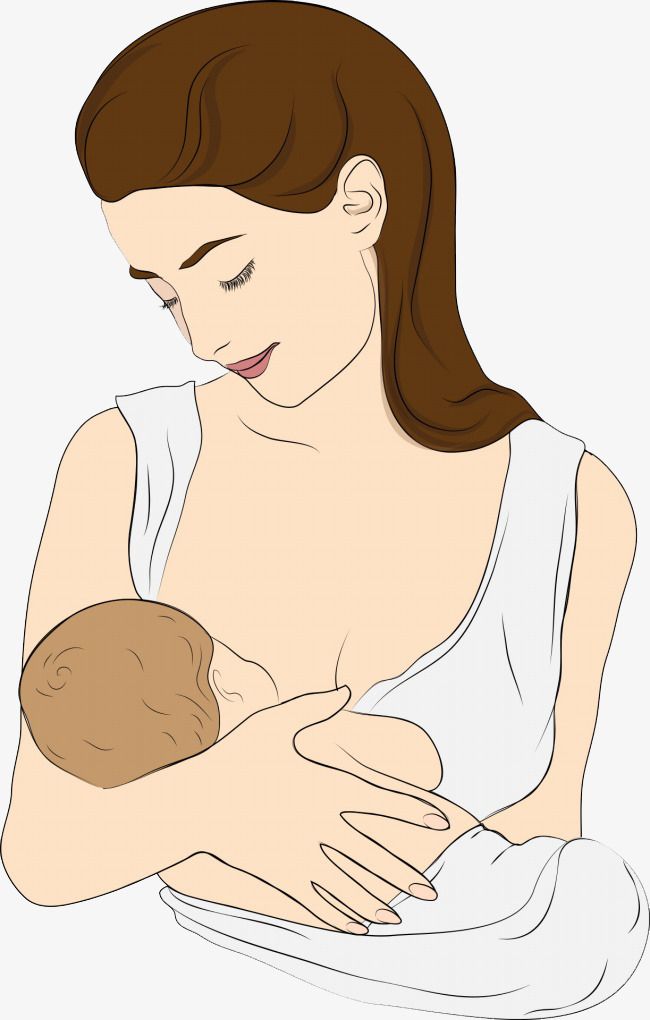
When all indicators of mother's health are normal, then THERE IS NO REASON TO STOP NATURAL FEEDING. Mom does not have new responsibilities for caring for a child who is learning to fall asleep without a breast, and the hormonal background does not change. Everything remains the same, which, of course, has a beneficial effect on the well-being of a pregnant woman.
What difficulties can you face while breastfeeding during pregnancy?
Nipple sensitivity . This is a fairly common problem and should be taken into account. First of all, you will have to reduce the time of breast sucking and the frequency of attachments. For this child, you can distract with conversations, and it is also recommended to water him more so that the baby does not seek to quench his thirst with breast milk.
Decrease in the amount of milk by the middle of pregnancy. During this period, lactation is greatly reduced, and for some mothers, milk may even disappear for several days or even weeks.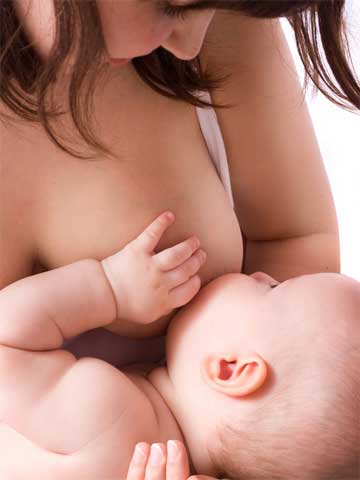 This period can be used for gentle weaning, or you can keep the attachment, thus maintaining contact with the baby. By the third trimester, colostrum most often already appears.
This period can be used for gentle weaning, or you can keep the attachment, thus maintaining contact with the baby. By the third trimester, colostrum most often already appears.
What should a mother pay attention to when breastfeeding during pregnancy?
Complete nutrition. A pregnant and at the same time breastfeeding woman simply needs to receive a varied diet, complex supplements and vitamins will also be useful. It is important to remember that the body distributes nutrients first to the growing fetus, then to milk, and the rest to the mother herself. The double load - pregnancy and breastfeeding - should be fully compensated by adequate nutrition, rich in all the necessary vitamins and minerals.
More rest. It is important for a future mother to understand that she receives an increased load on her body, comparable to carrying twins, so timely and proper rest is vital for her! Looking for helpers and asking for help from loved ones in such a situation is not a whim, but a necessity.
Carried by hand. It is impossible to refuse to carry the older child in her arms when a new pregnancy appears, especially if at the time of its onset the baby is less than a year old. The first child also needs mother's warmth and her hugs, just like the second, especially since babies often fall asleep in their arms with their breasts.
Mom's body usually copes with a gradually growing load, because it does not occur overnight. To make it easier for yourself to carry a baby in your arms, you can use the help of physiological carriers - slings, which can be worn so that there is no pressure on the stomach. For example, in a sling with rings it will be very convenient to rock the baby to sleep or wear it on the hip when he needs his mother's arms.
When making a decision to continue or stop breastfeeding during pregnancy, it is important to weigh the pros and cons well, and it is also especially important to understand that the older child is no different from the younger in anything, except for age, so it is worth doing everything possible so that both children were able to get everything they needed.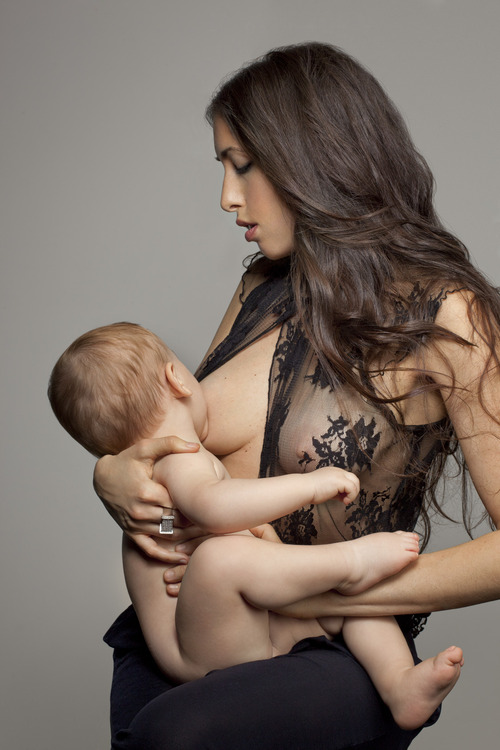
New pregnancy while breastfeeding - what to do?
Number of views: 135 279
You are pregnant while breastfeeding. You are faced with a difficult choice: you do not plan to terminate the pregnancy, and the first-born is still too small to wean him from the breast. How to be? Is it possible to breastfeed during pregnancy? What is it fraught with?
Breastfeeding pregnancy - heart of the matter
Even 300 years ago there was no question of stopping breastfeeding during pregnancy. The woman had no choice - a small child needs food, and there were practically no alternatives to mother's milk.
Today, a pregnant woman can receive a categorical recommendation from doctors to urgently wean her firstborn from the breast. Yes, sometimes the termination of breastfeeding is dictated by the interests of pregnancy . But more often than not, it's overkill. Unless there is a clear medical indication, whether or not to feed during pregnancy, and if so, for how long – decision of parents , not doctors and relatives.
The medical side of the issue
Very cautious the decision to continue breastfeeding during pregnancy is worthwhile for women who have had a preterm birth, recurrent spontaneous miscarriages or are currently at risk of preterm birth . Here it is important to carefully weigh all the pros and cons, listen to the opinion of your doctor.
Physicians recommending interruption of breastfeeding are afraid that the onset of pregnancy during breastfeeding may end in miscarriage or the fetus will not grow and develop harmoniously.
The reason doctors fear miscarriage or premature delivery is the effect of oxytocin on the uterus. Hormone oxytocin causes flushes of milk and uterine contractions . That is, theoretically, each time breastfeeding, a woman can provoke uterine contractions, which will lead to a miscarriage. But in practice, things don't quite work out that way.
Yes, frequent nipple stimulation can trigger labor pains in a full-term woman. And putting the newborn to the chest allows the uterus to contract after childbirth and return to its previous state.
But nature is wise, and in most cases, breastfeeding does not harm women with normal pregnancies. Once again, we note that are talking about the norm !
The state of the uterus at the beginning of pregnancy is different from the state "before delivery or immediately after". She has low ability to absorb oxytocin. Between the 1st and 3rd trimesters of pregnancy, the number of oxytocin receptors increases 12-fold. The low ability of the uterus to absorb oxytocin at the beginning of pregnancy suggests that HB will not cause effective contractions.
One of the reasons recently cited by doctors advocating for stopping breastfeeding during pregnancy was the impossibility of prescribing medications .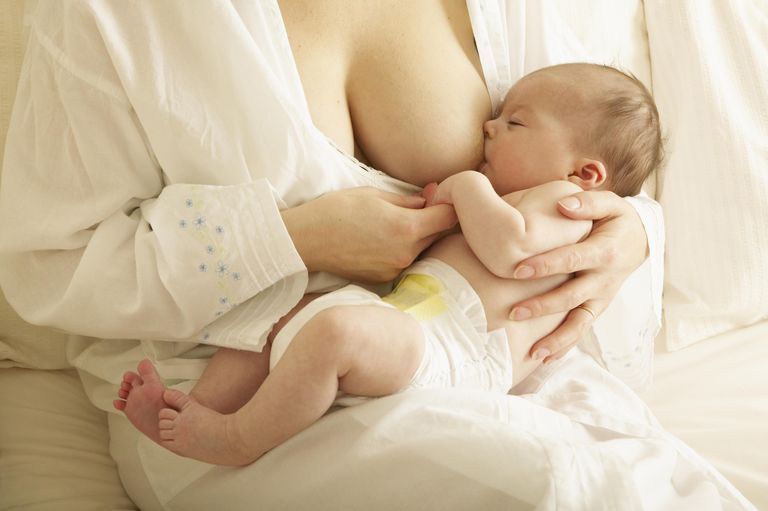 Now the list of drugs allowed for hepatitis B has expanded significantly. Women have the opportunity to receive medical care in the required volume.
Now the list of drugs allowed for hepatitis B has expanded significantly. Women have the opportunity to receive medical care in the required volume.
Nutrition of the expectant mother
Will the body of a nursing mother be able to provide fetus with all the substances necessary for harmonious development? Good and balanced a feeding woman will have no problem meeting the needs of her baby and unborn child. Of course, she needs a nutritious diet , as well as vitamins that the doctor will prescribe. The problem will arise in case of a lack of nutrients. The deficit will be satisfied at the expense of the resources of the mother's body. The kids will get theirs, but the woman may be emaciated.
Difficulties to be faced
Breastfeeding during a new pregnancy is as follows:
- 's nipples become very sensitive. A woman may feel unexpected attacks of pain in the nipples or breasts, they are provoked by hormonal changes in the body.
 You can solve the problem with the help of lanolin . Due to its viscosity, it blocks the nerve endings on the nipple and reduces sensitivity . Lanolin can be applied a few minutes before feeding in a thin layer.
You can solve the problem with the help of lanolin . Due to its viscosity, it blocks the nerve endings on the nipple and reduces sensitivity . Lanolin can be applied a few minutes before feeding in a thin layer.
- Increased fatigue level . In the first trimester, women often feel increased drowsiness , and an actively crawling toddler will not let you relax. Mom's fatigue is associated with hormonal changes during pregnancy, and not with breastfeeding. The condition will improve as the pregnancy progresses.
- Becomes less milk . 7 out of 10 mothers confirm that the volume of breast milk is reduced during subsequent pregnancies.
- Breast milk changes taste . Sometimes the firstborn refuses the breast on his own, because the milk has changed. The onset of pregnancy during breastfeeding leads to hormonal changes in the body. As a result, the amount of lactose in milk is reduced, but the amount of sodium increases.
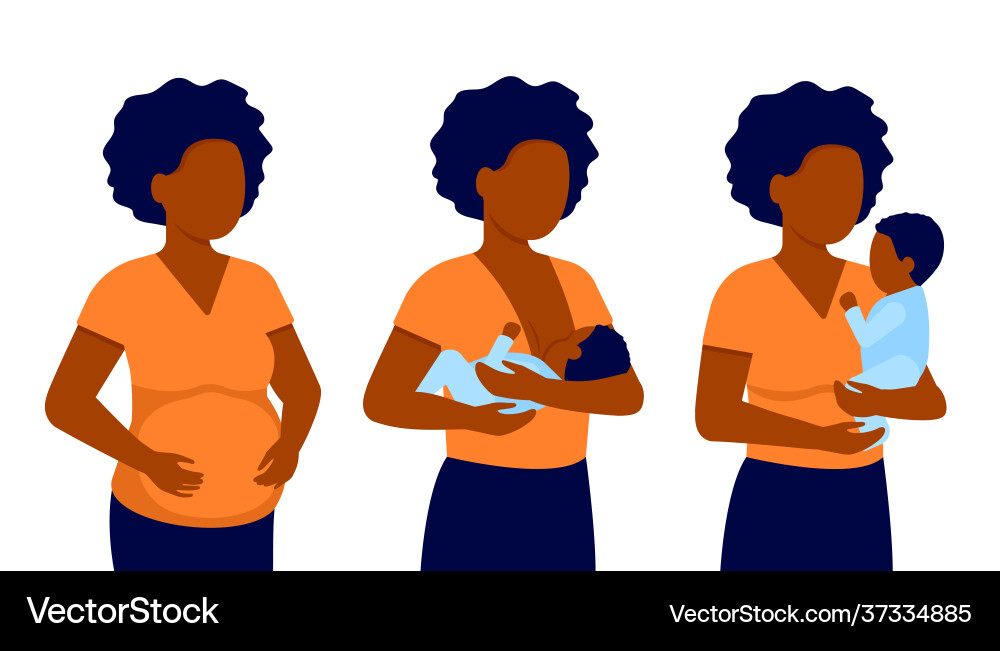 The taste of milk changes.
The taste of milk changes. - A woman may feel uterine contractions while breastfeeding. Most often, they do not pose any threat to the mother or fetus. But at pain you must immediately see a doctor !
- In the late term, due to the large belly, it is difficult to find a comfortable position for feeding. Sometimes it is difficult for the baby to reach the mother's breast. Here you need to experiment, a suitable option is sure to be found.
Arguments in favor
Breastfeeding for a child is not only food , but also contact with mother , comfort. There are situations (illness, stress) when the baby is is better left on GV . The ability to suck on his mother's breast has a beneficial effect on his emotional and physical condition. If mommy can organize the feeding of the eldest without harming herself and the unborn baby, this will be the best way out.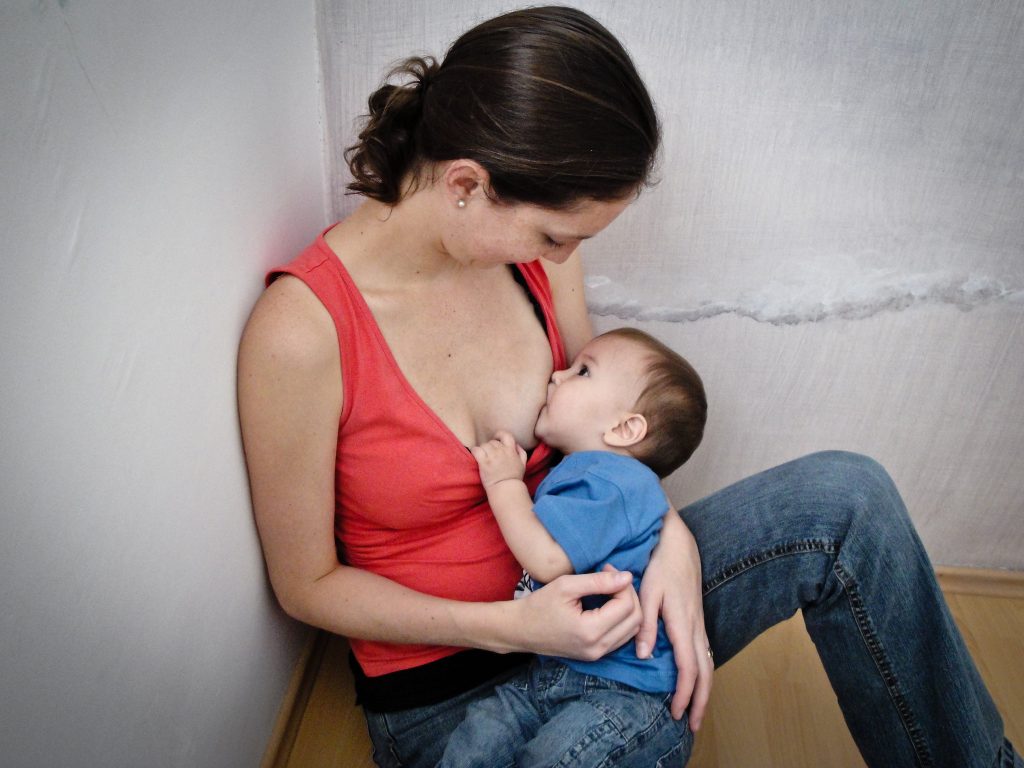
Pregnancy while breastfeeding means very little difference between babies. Jealousy and competition for mother's attention are inevitable here. Many women find that tandem feeding helps them cope with the jealousy of an older and childcare problems with a slight age difference. An article about tandem feeding will soon appear in the online magazine MamExpert.
Comment of a tandem-feeding mother
One of the mothers of the MamExpert community shared her own experience with us. We gratefully publish her opinion:
“I breastfed during pregnancy and in tandem for over a year. And all this period I had to listen to scoldings, starting from the gynecologist in the LCD consultation and up to the head of the department of the 2nd maternity hospital (from her after the birth). Moreover, in the period from 36 weeks until delivery (41.1), the doctors were glad that I was breastfeeding, hoping that this would stimulate labor early, since the fetus was large.
The first contraction really came during feeding, but already at 41.1. The boy was born 57 cm 4375 gr. Then even the dermatologist tried to stick his nose into my breastfeeding. And about pediatricians who strictly say that after a year there is nothing to feed children with breast milk, I generally keep quiet. This is a personal matter for everyone, and sticking your nose into someone else's GV is at least not competent! Only one doctor in the ambulance could explain to me why our doctors demand so much to stop breastfeeding early: to make it easier to treat mothers if they get sick. If someone would give me some more intelligible argument against breastfeeding after a year, and this applies to both state institutions and adult and pediatric medicine, as well as paid centers.
Both young and experienced mothers have many questions about breastfeeding. Each baby is individual and with him parents can get into a situation that did not arise with older children! MamExpert courses will help you not to succumb to difficulties and find a solution to any issue.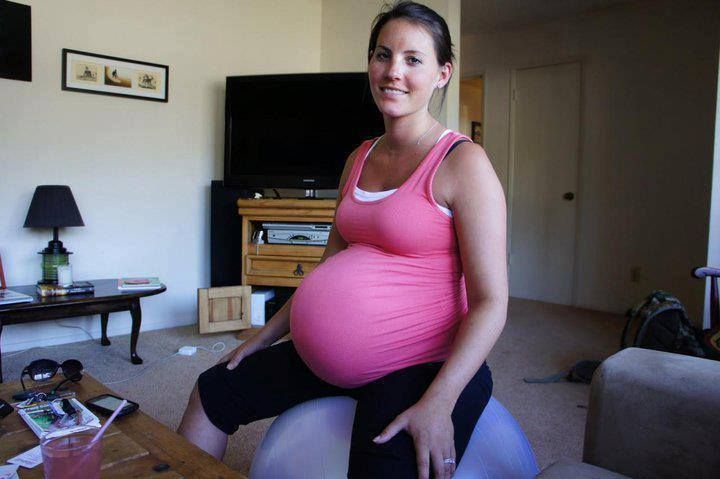
Come to our breastfeeding course! Here you will gain knowledge that will give you a real understanding of what breastfeeding is. You will understand what to do if something goes wrong. Gain self-confidence and be able to enjoy breastfeeding.⠀
Course speaker
-
Inna Shabelnikova - certified lactation consultant, leading lecturer MamExpert and mother of three children - Every day I come across mothers who have been told that they are "not dairy", that their milk is not nutritious enough for the baby and much more .. . utter. These are all myths! The limits are only in your head! You will be able to feed, enjoy it and give the child all the best!
Would you like to take a course? Sign up here: https://www.mamexpert.by/ochnye-kursy/ or call +375 44 553 20 50!
Pregnancy while breastfeeding is not uncommon.